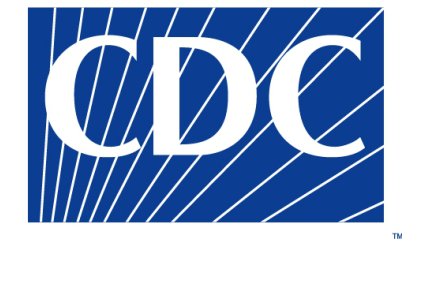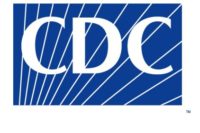CDC wants all baby boomers tested for hepatitis C

 The Centers for Disease Control and Prevention (CDC) is proposing that every U.S. citizen born from 1945 through 1965 get tested for all hepatitis C – and presents some startling statistics to back up that idea.
The Centers for Disease Control and Prevention (CDC) is proposing that every U.S. citizen born from 1945 through 1965 get tested for all hepatitis C – and presents some startling statistics to back up that idea.
The CDC says one in 30 “baby boomers” – is infected with hepatitis C, although most don’t know it. Many baby boomers do not perceive themselves to be at risk and are not being tested.
The new recommendation is contrary to the CDC’s existing guidelines, which call for testing only individuals with certain known risk factors for hepatitis C infection.
Hepatitis C causes serious liver diseases including liver cancer, which is the fastest-rising cause of cancer-related deaths, and the leading cause of liver transplants in the United States.
According to the CDC, identifying people who’ve been infected will allow them to be treated with emerging therapies that can cure up to 75 percent of infections – thereby avoiding the mostly preventable consequences of the disease.
“We can prevent tens of thousands of deaths from hepatitis C,” said CDC Director Thomas R. Frieden, M.D., M.P.H.
More than 2 million U.S. baby boomers are infected with hepatitis C. Baby boomers are five times more likely to be infected than other adults, yet most infected baby boomers do not know they have the virus because hepatitis C can damage the liver for many years with few noticeable symptoms.
Approximately 15,000 Americans, most of them baby boomers, die each year from hepatitis C-related illness, such as cirrhosis and liver cancer. Deaths from the disease have been increasing steadily for over a decade and are projected to grow significantly in coming years.
“Identifying these hidden infections early will allow more baby boomers to receive care and treatment, before they develop life-threatening liver disease,” said Kevin Fenton, M.D., director of CDC’s National Center for HIV/AIDS, Viral Hepatitis, STD and Tuberculosis Prevention.
CDC estimates one-time hepatitis C testing of baby boomers could identify more than 800,000 additional people with hepatitis C, prevent the costly consequences of liver cancer and other chronic liver diseases and save more than 120,000 lives.
Looking for a reprint of this article?
From high-res PDFs to custom plaques, order your copy today!






